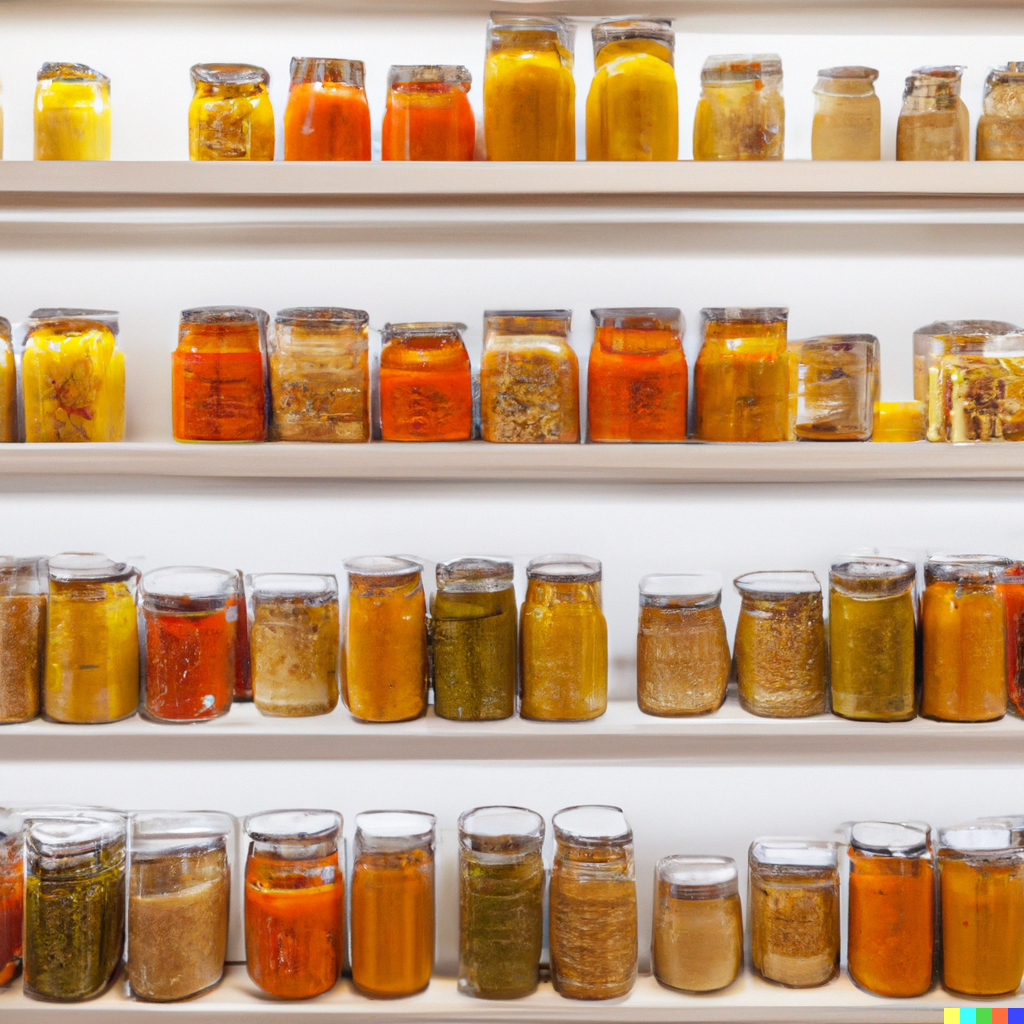The Ultimate Guide to Keep Cabbage Fresh
Cabbage is a versatile, nutrient-dense vegetable used in salads, soups, and stir-fries. Its long shelf life makes it a staple in many kitchens, but proper storage is essential to maintain its freshness and crisp texture. Knowing how long cabbage lasts—and the best ways to store it—helps reduce waste and keeps your meals tasting great.
Shelf Life of Cabbage
- At Room Temperature (Whole, Uncut):
- Fresh Cabbage: 1-2 days (best if consumed immediately)
- In the Refrigerator:
- Whole Cabbage (unwashed, uncut): 3-4 weeks
- Cut Cabbage (in an airtight container): 7-10 days
- Shredded Cabbage: 3-5 days
- In the Freezer (Blanched):
- Frozen Cabbage (blanched or cooked): 10-12 months
Best Practices for Storing Cabbage
- Refrigerate Whole Cabbage – Store unwashed cabbage in the crisper drawer. The outer leaves protect the inner layers, keeping it fresh for up to a month.
- Wrap in Plastic or Damp Towel – If the cabbage is cut, wrap it tightly in plastic wrap or a damp paper towel to retain moisture and prevent drying.
- Freeze for Long-Term Use – Blanch cabbage in boiling water for 2-3 minutes, then freeze in airtight bags for use in cooked dishes.
- Avoid Washing Before Storage – Moisture promotes mold growth, so only wash cabbage just before use.
- Store Separately – Keep cabbage away from ethylene-producing fruits like apples and bananas to prevent premature spoilage.
Signs Cabbage Is Going Bad
- Wilted or Soft Leaves – Cabbage that starts to wilt can still be used, but soft or slimy leaves indicate spoilage.
- Discoloration or Brown Spots – Some browning can be trimmed, but large dark patches suggest the cabbage is no longer fresh.
- Unpleasant Odor – A sour or foul smell is a clear sign the cabbage should be discarded.
- Mold on Outer Leaves – If mold appears, remove the outer leaves and inspect the inner layers.
How to Use Cabbage Before It Spoils
- Coleslaw or Salads
- Cabbage Stir-Fries
- Cabbage Soup or Stews
- Stuffed Cabbage Rolls
- Fermented Cabbage (Sauerkraut or Kimchi)
By storing cabbage correctly, you can extend its shelf life and enjoy its health benefits for weeks. Whether fresh, cooked, or frozen, these tips help ensure your cabbage stays crisp and flavorful.
